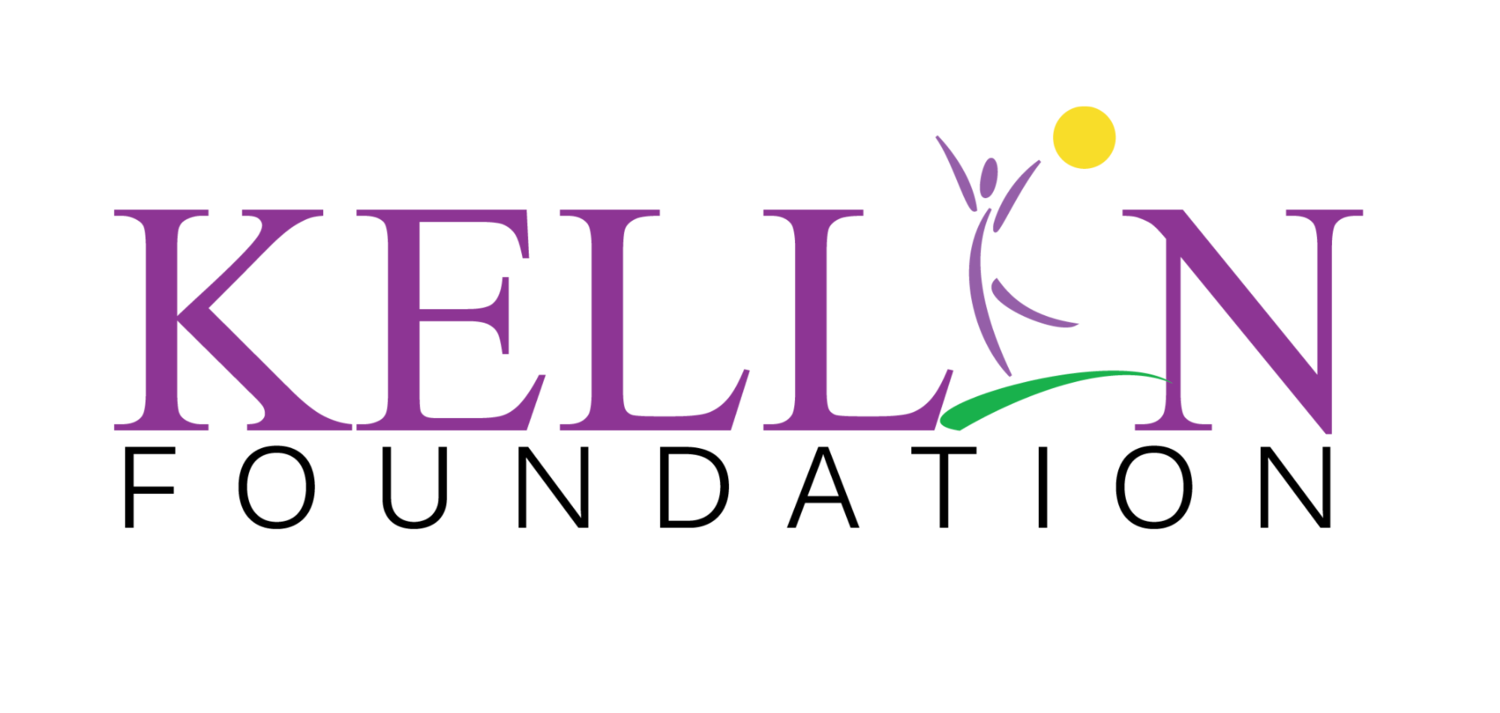Recognizing Child Neglect: A Call to Action for Safer Homes and Stronger Communities
Child neglect remains one of the most prevalent and concerning forms of abuse within our homes and communities. As we strive to create safer environments for children, it is crucial to raise awareness about the signs of neglect and the steps we can take to prevent it. At the Kellin Foundation, we are dedicated to advocating for children's well-being and empowering individuals to make a difference.
Understanding Child Neglect
Child neglect encompasses a range of behaviors and conditions that jeopardize a child's well-being and development. It can manifest in various ways, including physical neglect (such as inadequate food, clothing, or shelter), medical neglect (failure to provide necessary medical care), educational neglect (ignoring a child's educational needs), and emotional neglect (lack of nurturing and support).
Recognizing the Signs
Being able to recognize the signs of child neglect is crucial in intervening early and protecting children from harm. Some common indicators of neglect include:
Poor Hygiene: Children who consistently appear dirty, unkempt, or have body odor may be experiencing neglect in terms of personal hygiene.
Ill-Fitting or Unsuitable Clothing: Inappropriate clothing for weather conditions or clothing that is too small or worn out can signal neglect.
Poor Attendance: Chronic absenteeism from school or other activities without valid reasons may point to neglect, especially if educational neglect is a concern.
Lack of Medical Care: Children who do not receive necessary medical attention for injuries, illnesses, or chronic conditions may be victims of medical neglect.
Unsupervised or Inadequately Supervised: Children left alone for extended periods or in situations that are not age-appropriate may indicate neglectful supervision.
Untreated Medical or Dental Issues: Persistent untreated medical conditions, dental problems, or unaddressed injuries can be signs of medical neglect.
Inconsistent School Performance: Sudden declines in academic performance, frequent tardiness, or lack of participation in school activities may signal underlying neglect or family issues affecting the child's education.
Hunger or Malnutrition: Children consistently expressing hunger, stealing food, or exhibiting signs of malnutrition can indicate neglect in providing adequate nutrition.
Emotional or Behavioral Issues: Children showing signs of depression, anxiety, withdrawal, or aggression without appropriate intervention or support may be experiencing emotional neglect.
Unsafe or Unsanitary Living Conditions: Living in environments with hazards such as exposed wiring, lack of heating/cooling, extreme clutter, or unsanitary conditions can indicate neglect of the child's basic needs for safety and hygiene.
Taking Action
If you suspect that a child is being neglected, it is essential to take action promptly. Reporting your concerns to the appropriate authorities, such as child protective services or law enforcement, can initiate an investigation and ensure the child's safety. Remember, your intervention could be life-changing for a child in need.
Our Commitment at Kellin Foundation
At the Kellin Foundation, we stand against child neglect and all forms of abuse. Through our programs and initiatives, we work tirelessly to educate the community, provide support to families in crisis, and advocate for policies that prioritize children's safety and well-being.
Together, we can create a world where every child grows up in a nurturing and supportive environment, free from neglect and harm. Join us in raising awareness, taking action, and making a difference in the lives of vulnerable children. Together, we can build safer homes and stronger communities for our future generations.

